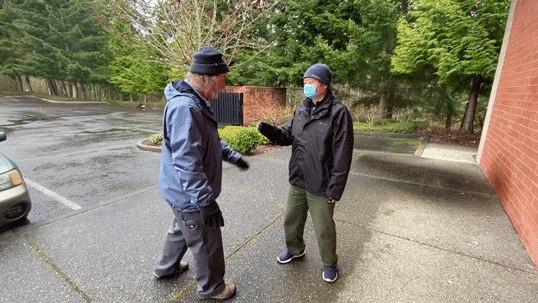A: Why did you push him off the cliff and kill him?
B: Dear judge, I didn't push him. My hands had never touched him. My fingerprint don't exist on his body.
Does our modern law be able to give a fair judge on situation like this?
Your thought?
If a person and I are believers in religions such as voodoo, and I curse a person to die, and they die, am I criminally liable, even if it was not magic that killed them, but rather the victim's deeply-held belief that I could curse them to die and it would work?
What about voodoo dolls? If I stick pins in an image of you, we know it will not work, as magic is not real. But what if you happen to believe it is real and you do suffer injuries when I stick pins in the doll of you?
There are many people around the world, some not so primitive, that believe in faith healing and some of them do seem to have managed to heal from various ailments when 'healed' by some person of faith. How hard is it to then believe that if the healer chose to do the opposite, it would not also affect the true believer in a negative way?
The so-called placebo effect is real and has been proven. A simple sugar pill, given by a doctor, and the patient is told that it will cure them of a variety of things; and sometimes it does. That is true EVEN WHEN the patient is informed that the pill is inert and can have no effect on them scientifically. It's no myth, it's science and cannot be denied.
I'm not saying magic is real or provable. I am saying the mind is a powerful thing and can affect our own bodies in many interesting ways.
Now, could a person be charged with a crime if they claim to have injured someone with their mind or a spell or an invisible attack, and that person is in fact injured in some way? I have no idea. Interesting question.



